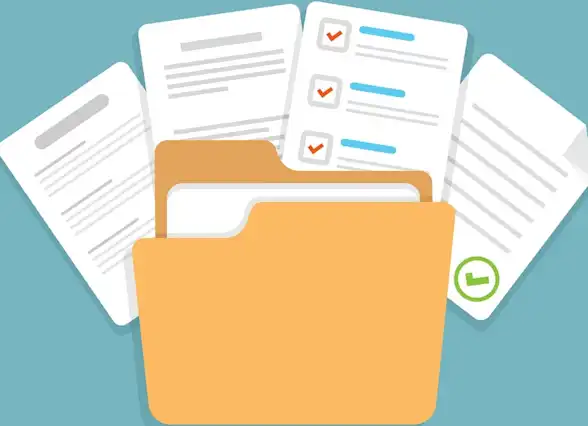How to Create a Power of Attorney (POA) Document
In many states a self-created POA is just as legal as one drafted by a lawyer, though having a lawyer create one is often the better option.
Get insurance benefits, legal documents, and medical records in one place

Helpful Highlights
In all 50 states and all U.S. territories, self-drafted POAs are just as legal as those drafted by a lawyer.
Though it may not be necessary, having a lawyer draft (or at least review) the POA ensures that all necessary elements are considered and covered.
For links to available POA templates by state, see that state's Medical and Financial Power of Attorney (POA) Forms.
How to create a POA
Your loved one can either download or buy POA templates, or have a POA drafted by a lawyer.
Your loved one needs to determine which type of POA is required, either by searching online or discussing with a lawyer.
The most frequently searched and readily available types of POA are Financial and Medical (or Healthcare).
SELF-DRAFTED
If a template is downloaded or purchased, make sure it belongs to your loved one's state of residence (i.e., a New York POA cannot be used by a Pennsylvania resident). POA documents are very important, and your loved one should not assume that downloaded or purchased documents are correct.
Procedures and laws vary based on your loved one's residence. In many states, however, as long as your loved one follows the state's requirements, any POA they create is just as legal as one drafted by a lawyer.
In many states, it is mandatory to get your loved one's signature notarized. In some cases, the witness’s signature must also be notarized. In addition, some legal provisos are not generally applicable. For example, there is no standardized POA principal form.
LAWYER-DRAFTED
If your loved one wishes to start the POA process with a lawyer, they will need to locate an estate planning, family law, or elder care attorney in their state of residence (preferably in their local area) and request a consultation.
If the associated legal fees are more than your loved one can manage, there is the option of visiting a legal aid office. Alternatively, your loved one can go to the Legal Services Corporation website and communicate with a legal aide. Consultations are free for those who are eligible.
The most fundamental rule in POA creation
Best interests and powers that cannot be granted.
The fundamental rule governing the POA is that the agent is bound by law to act in your loved one's best interests. Therefore, the agent should be someone your loved one trusts implicitly.
There are also powers that your loved one cannot delegate and decisions the agent cannot make, such as:
Making or changing their will
Contracting marriage for them
Casting a vote for them
Making decisions for them after their death
Changing or transferring POA to someone else (unless exceptions are explicitly detailed in the document for this occurrence)
These are powers that, even if an attempt is made to include them in the POA document, cannot be transferred from your loved one to someone else. Attempting to include them may render the entire POA void.
RESOURCES
Corporate Finance Institute (CFI)
While the documents contained here are considered legally binding when properly executed, no content in this app, regardless of date, should ever be used as a substitute for any direct legal advice you receive from your lawyer or other qualified legal professionals.
Get more support and guidance on insurance benefits, medical records and legal forms.
Helpful brings together your insurance benefits, legal documents, and medical records in one personalized place — so you always know what you have, and never have to search again.

Simplifying Healthcare, Supporting Mental Health
An all-in-one solution to help navigate the complexities of healthcare and support for mental health, for you or your loved one.





